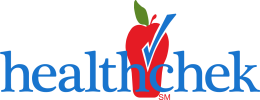January (Thyroid)
T4 Total (Thyroxine) – $45
Measures the total amount of circulating thyroxine in your blood. Used to diagnose hypothyroidism and hyperthyroidism.
Free T4 – $45
For diagnosis of hypothyroidism and hyperthyroidism. To find out how well your thyroid gland is working.
TSH (Thyroid Stimulating Hormone) – $45
Useful in screening for hyperthyroidism and to evaluate thyroid function, mainly to see if it is underworking or overworking.
T3 Total (Triiodothyronine) – $45
Measurements are used to diagnose and monitor treatment of hyperthyroidism.
Free T3 – $45
Used to diagnose hyperthyroidism and to clarify thyroid status in the presence of a possible protein binding abnormality.
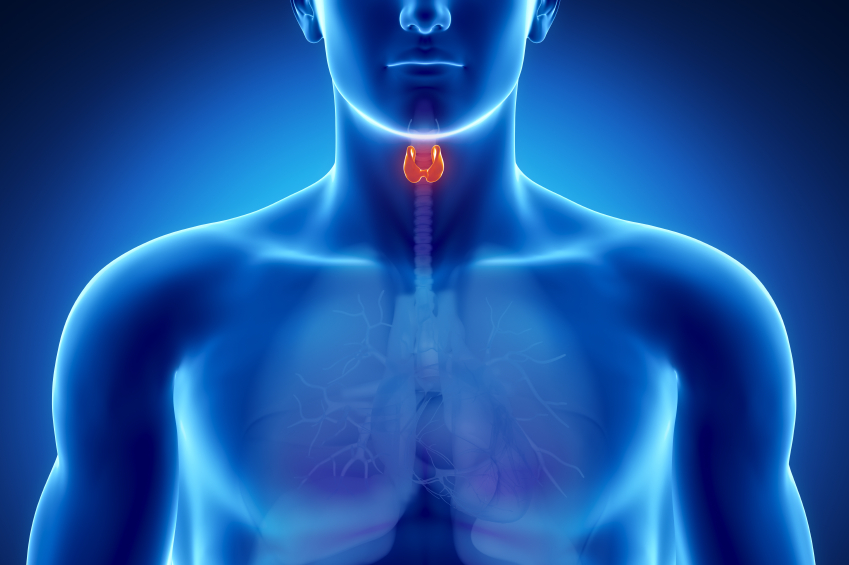
February (Heart)
Are you at Risk for a Heart Attack?
Cardio IQ Lipoprotein Fractionation (Ion Mobility Particle Size) – $80
The latest technology in Lipid Testing, Particle Size can help uncover hidden risks that other tests may not detect. Providing your doctor with a better understanding of your Cardiovascular Risk and improved treatment options.
High Sensitivity Cardio CRP – $55
Helps determine relative risk of cardiovascular disease.
Cardio IQ Fatty Acid 3/6 – $90
Omega-3 and Omega-6 fatty acids are polyunsaturated long chain fatty acids required by the body for proper functioning, normal growth and cellular membranes. Omega-3 and Omega-6 fatty acids are considered essential and are obtained primarily from dietary sources.

March (Stress)
DHEAS – $60
Is the major androgen produced by the adrenal glands. This test is used in the differential diagnosis of hirsute or virilized female patients and for the diagnosis of isolated premature adrenarche and adrenal tumors. About 10% of hirsute (hairy) women with polycystic ovarian syndrome (PCOS) have elevated DHEA-S but normal levels of other androgens.
Cortisol Level – $80
Measures the level of this stress hormone. Useful in detecting diseases that affect your pituitary and adrenal glands. Plays an important role in helping you to: respond to stress, fight infection, regulate blood sugar and metabolism, and maintain blood pressure. (75% – 90% of all doctor’s office visits are for stress-related ailments and complaints. Stress can play a part in problems such as headaches, high blood pressure, heart problems, diabetes, skin conditions, asthma, arthritis, depression, and anxiety).

April
Thyroid Panel $100 includes;
TPO (Thyroid Peroxidase Antibodies) The presence of TPO antibodies in your blood suggests that the cause of thyroid disease is an autoimmune disorder, such as Hashimoto’s disease or Graves’ disease.
TSH (Thyroid Stimulating Hormone) This test is used to evaluate thyroid function, mainly to see if it is underworking or overworking.
T3 Free (Triiodothyronine) This tests the free T3 level, which is the high potency thyroid hormone.
T4 Free (Thyroxine) This tests the free T4 level, which is the more abundant thyroid hormone.
Vitamin B12 & Vitamin D – $70
Vitamin B12 Helps monitor an important vitamin for maintaining healthy nerve cells. Some people don’t consume enough dietary vitamin B12 to meet their needs, while others can’t absorb enough, no matter how much they ingest. As a result, Vitamin B12 deficiency is relatively common, especially among people over fifty, vegetarians and vegans. It is also common in people who drink alcohol, people with digestive issues, anyone regularly taking medications known to affect Vitamin B12 absorption, such as Prilosec and Tums, or those who have recently had surgery or dental procedures using nitrous oxide.
Vitamin D
This test is used to monitor patients taking vitamin D supplements and diagnose deficiency. A recent study by the National Health and Nutrition Examination Survey found that 42% of the American population is Vitamin D deficient.
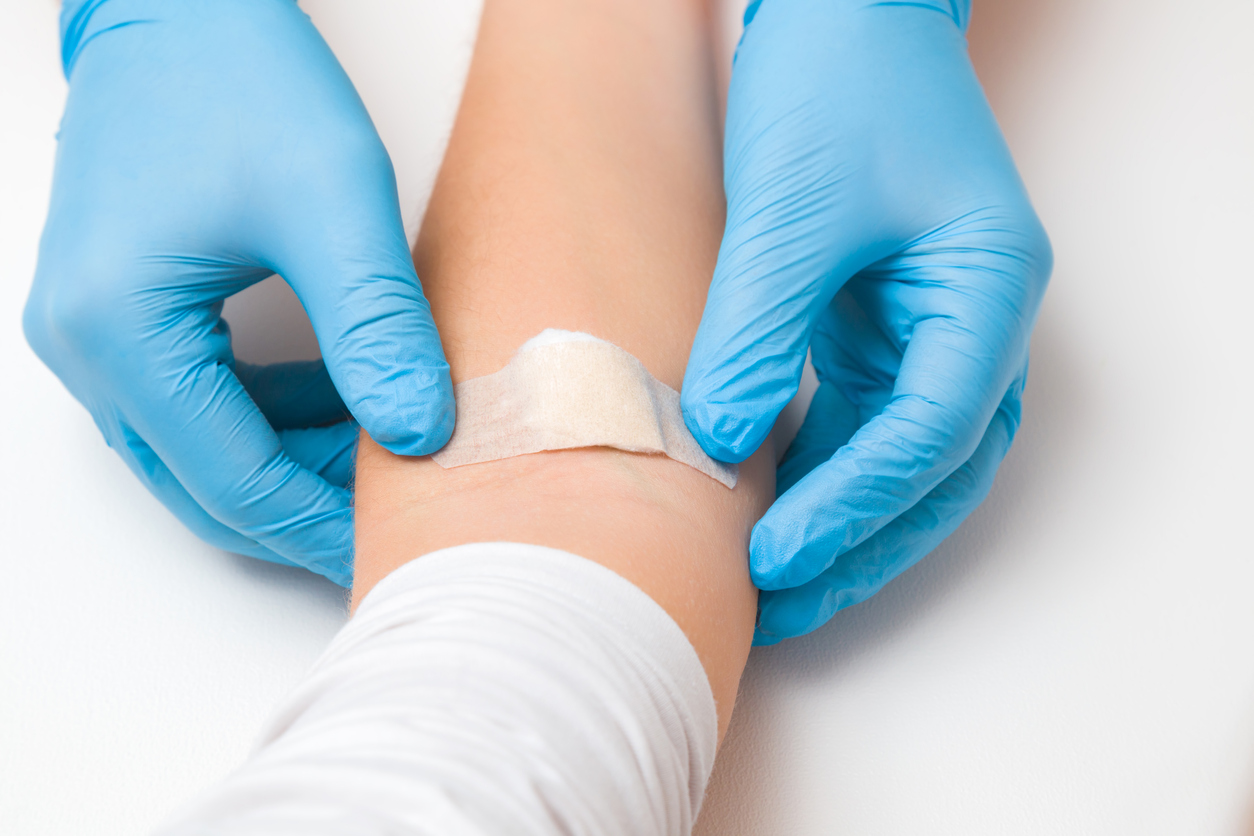
May (Inflammation)
Arthritis Panel (RA) – $75
ANA, ASO, Rheumatoid Factor,
ESR (Sedimentation Rate)
C-Reactive Protein $40
Identifies inflammation or infection in the body.
Increased C-Reactive Protein levels are found in inflammatory conditions including;
myocardia infarction, active arthritis, bacterial infection, lupus, malignancies, rheumatic fever, post operative state.
(NOTE: This test cannot detect the relatively small elevations of C-reactive protein that are associated with increased cardiovascular risk, – that test is the high sensitivity Cardio CRP).
Homocysteine – $45
High levels are linked to early development of heart disease. In fact, high levels of Homocysteine are a risk factor for heart disease and are associated with low levels of Vitamin B12 and Folate.
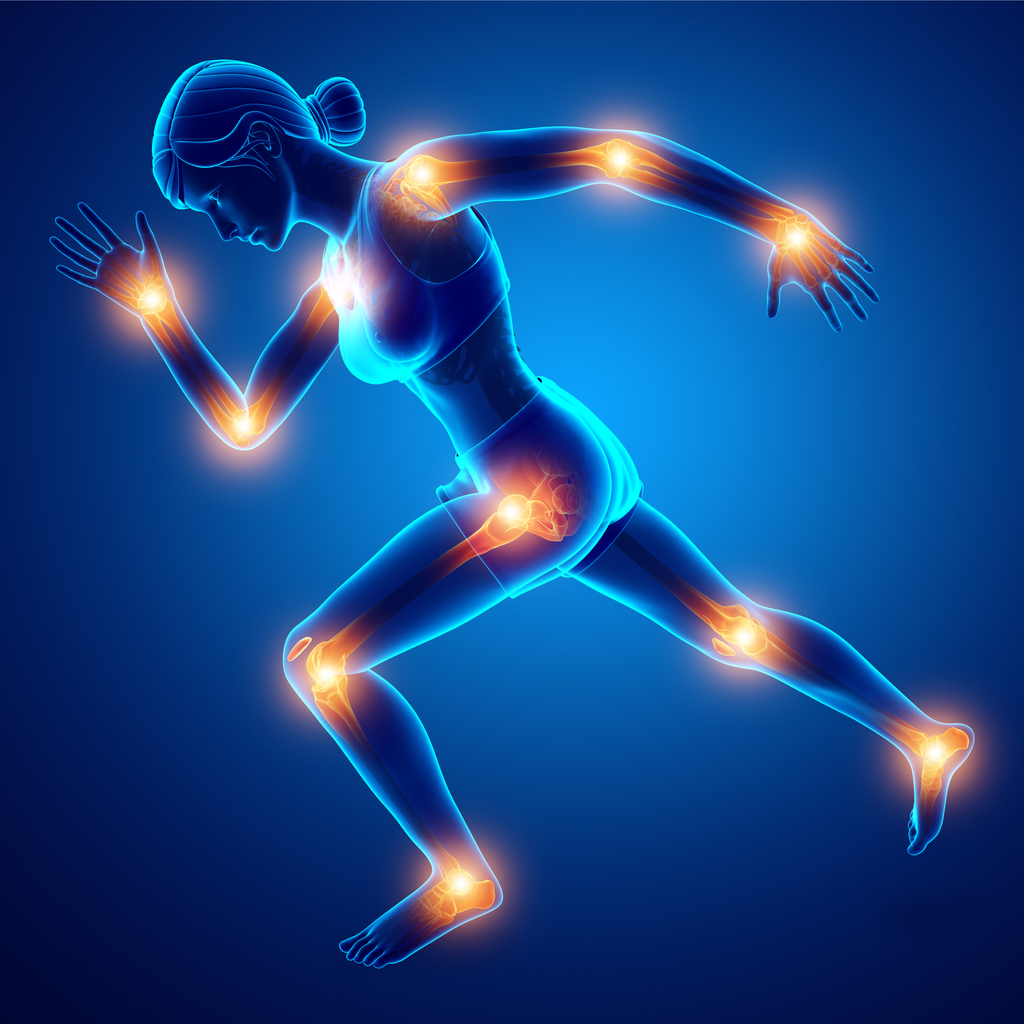
June (Hormones)
PSA (Prostate Specific Antigen) – $40
Early detection of prostate cancer; recommended annually for men 30 years and over.
PSA Free & Total – $85
In men over 50 years with total PSA between 4.0 and 10.0 ng/mL, the percent (%) free PSA gives an estimate of the probability of cancer. In these circumstances the measurement of the % free PSA may aid in avoiding unnecessary biopsies. Elevated levels of Prostate Specific Antigen (PSA) have been associated with benign and malignant prostatic disorders. Studies indicate that in men 50 years or older measurement of PSA is a useful addition to the digital rectal exam in the early detection of prostate cancer. In addition, PSA decreases to undetectable levels following complete resection of the tumor and may rise again with recurrent disease or persist with residual disease. Thus, PSA levels may be of assistance in the management of prostate cancer patients.
Testosterone Total – $75
(suggested baseline age 18 males)
Detects testosterone levels in both men and women. Helps in diagnosing the following: Males; infertility, erectile dysfunction. Females; polycystic ovary syndrome (PCOS)
Testosterone Free & Total – $85
The free testosterone can help give more information when total testosterone is low. Both men and women can have health problems because of low or high levels of testosterone. Women with high levels of testosterone may have polycystic ovary syndrome (PCOS). This condition marked by infertility, lack of menstruation, acne, obesity, blood sugar problems, and extra hair growth, especially on the face. You may have this test to find out whether a low sex drive is caused by a low level of testosterone.
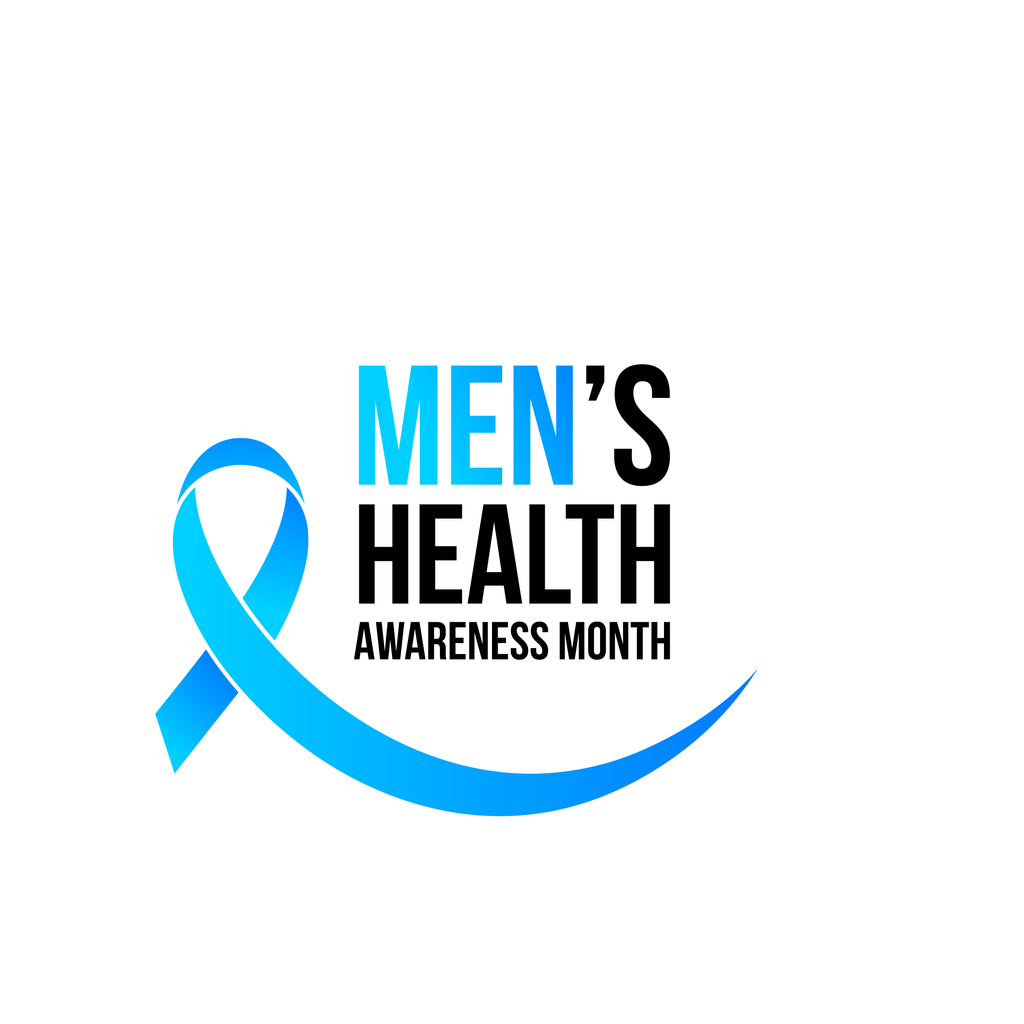
July
Healthchek Profile 1 – $70
Includes over 40 blood tests.
Lipid Panel (Coronary Risk)
Total Cholesterol, HDL, Triglycerides, LDL , Cholesterol/HDL Ratio
Comprehensive Metabolic Panel
Albumin, Albumin/Globulin ratio, Alkaline Phosphatase, ALT, AST, BUN/Creatinine Ratio, Calcium, Carbon Dioxide, Chloride, Creatinine with GFR , Globulin, Glucose, Potassium, Sodium, Total Bilirubin, Total Protein, Urea Nitrogen
Complete Blood Count (CBC)
WBC, RBC, Hemoglobin, Hematocrit, MCV, MCH, MCHC, RDW, Platelet Count, MPV/Diff, (Absolute & Percent) – Neutrophils, Basophils, Lymphocytes, Monocytes, Eosinophils, etc.
Healthchek Profile 2 – $95
Includes all the tests in Profile 1 plus the following:
- TSH (Thyroid Stimulating Hormone)
- Magnesium
- Uric Acid (gout, kidney stones)
- Iron Total (anemia)
- GGT (Liver Function)
Vitamin D Level 25 (OH) – $55
Numerous studies have shown that many Americans have low vitamin D levels. Vitamin D has been shown to boost bone health and it may play a role in preventing diabetes, cancer, cardiovascular disease and other illnesses.
The following statistics are provided by: British Journal of Psychiatry; Journal of Clinical Endocrinology and Metabolism; Clinical Cancer Research; Journal Neurology; Journal Arthritis Care and Research; American College of Cardiology’s Annual Scientific Session; University of Eastern Finland; JAMA Neurology; The American Journal of Public Health
- People with low levels of vitamin D in their blood were more than twice as likely to be diagnosed with depression than those with higher levels.
- The risk of aggressive prostate cancer was 4 to 5 times greater in men with low vitamin D levels.
- Adults who were moderately deficient in vitamin D had a 53% increased risk of developing dementia, and those severely deficient had a 125% increased risk of dementia compared to those with healthy levels.
- 62% of people with psoriatic arthritis have insufficient levels of vitamin D.
- Those with vitamin D deficiency had a 32% increased risk of coronary artery disease compared to those with normal levels.
- Risk of developing pneumonia is more than 2.5 times greater in people with the lowest vitamin D levels.
- People with vitamin D deficiency were more than twice as likely to be diagnosed with schizophrenia.
- Previous research has found that low vitamin D levels are associated with an increased risk of neuromuscular disorders such as multiple sclerosis, Parkinson’s disease, and others.
- People with low levels of vitamin D are more likely to pass away sooner than those with normal levels.
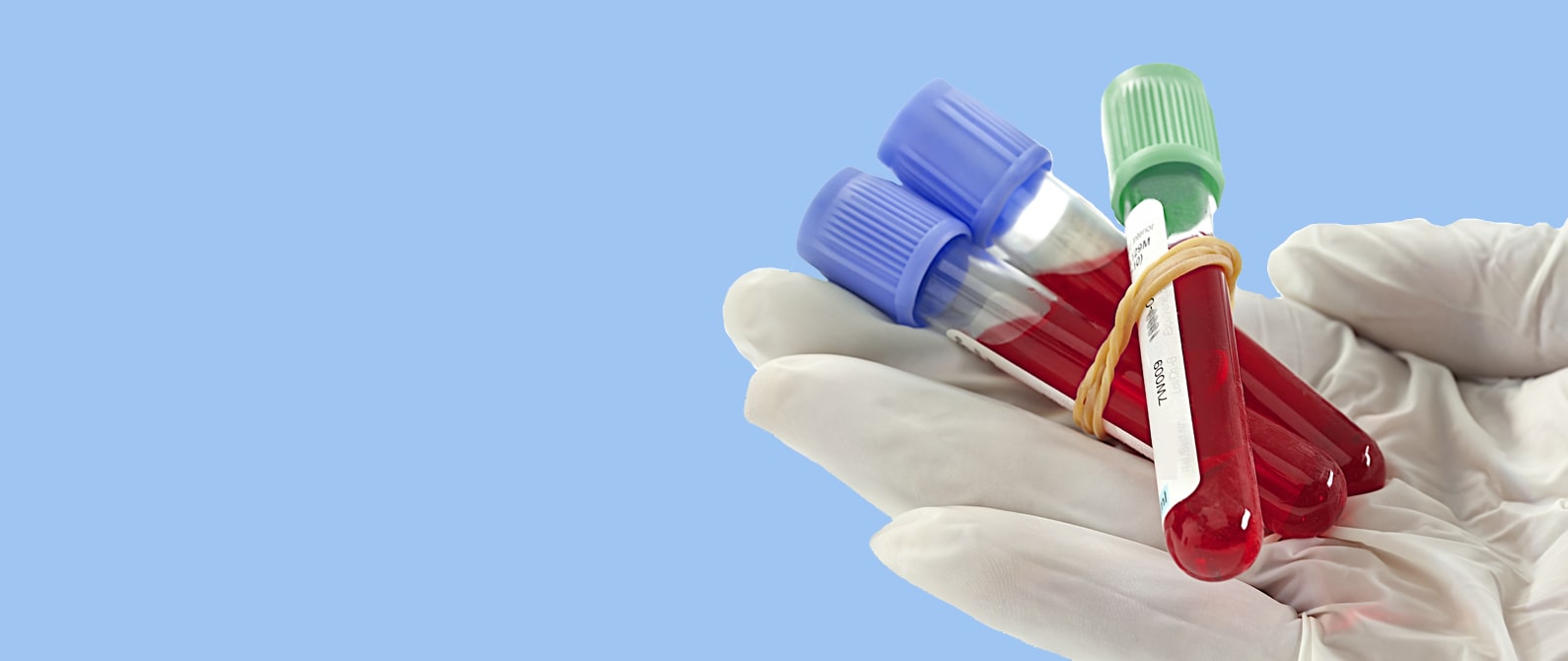
August (Bonus Savings)
Any Monthly Specials
Your Choice
of 2 or More!

September (Anemia)
Iron Total, Total Iron Binding Capacity, and Ferritin – $50
Useful in confirming the diagnosis of iron-deficiency anemia or hemochromatosis. To obtain the percent saturation, the serum iron is divided by the TIBC which gives the actual amount of saturated transferrin. The percent saturation is low in iron deficiency and high in iron storage diseases.
Ferritin
Useful in the diagnosis of hypochromic, microcytic anemias. Ferritin is the major iron storage protein in the body, the ferritin test is ordered as an indirect way to measure the iron stores in the body.
Homocysteine, Folate, Vitamin B12 – $140
Homocysteine – High levels are linked to early development of heart disease. In fact, high levels of Homocysteine are a risk factor for heart disease and are associated with low levels of Vitamin B12 and Folate.
Folate (Folic Acid) – Deficiency is common in pregnant women, alcoholics, in people whose diets do not include raw fruits and vegetables and in people with structural damage to the small intestine. Low folate levels can also be the result of a primary vitamin B12 deficiency that decreases the ability of cells to take up folic acid.
Vitamin B12 – Measures the amount of vitamin B12 in the blood. Vitamin B12 is usually measured at the same time as a folic acid because a lack of either one or both can lead to a form of anemia called megaloblastic anemia. Your body needs steady levels to make enough red blood cells and keep your nervous system working. Deficiency can lead to problems with brain function, the nervous system and other aspects of your health.
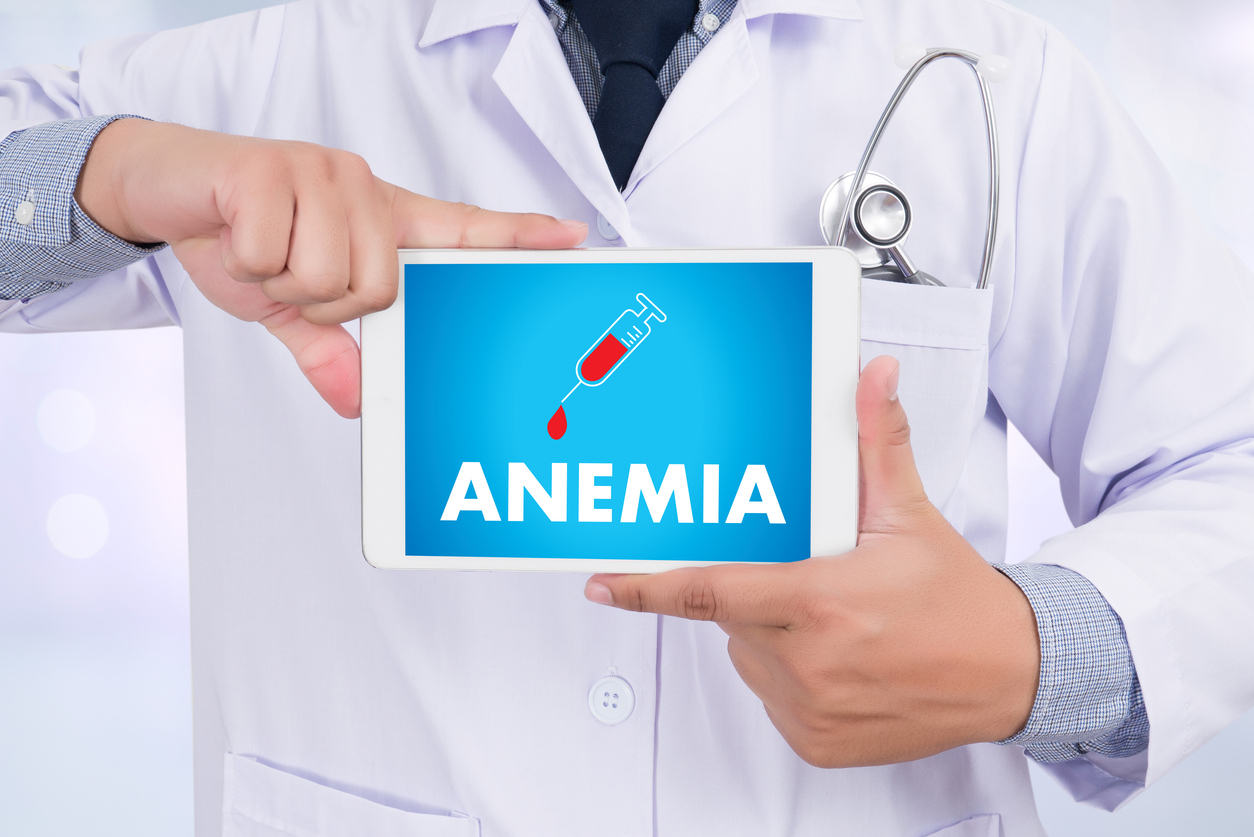
October
Amylase & Lipase – $85
Amylase – is an enzyme made by your pancreas and salivary glands that helps your body break down carbohydrates. Too much amylase in your blood may indicate a pancreas disorder or other health issue. The most common cause of elevation of serum amylase is inflammation of the pancreas (pancreatitis).
Lipase – Confirmatory evidence for diagnosis of pancreatitis.
CK Total (Creatine Kinase) & Phosphorus (Phosphate) – $65
CK Total – Tests for myocardial infarction and skeletal muscle damage. Elevated results may be due to: Myocarditis, Myocardial Infarction (heart attack), Muscular Dystrophy, Muscle Trauma or excessive exercise.
Phosphorus – An increased phosphorus with decreased calcium suggests either hypoparathyroidism or renal disease. A decreased phosphorus and an increased calcium suggest hyperparathyroidism or sarcoidosis.
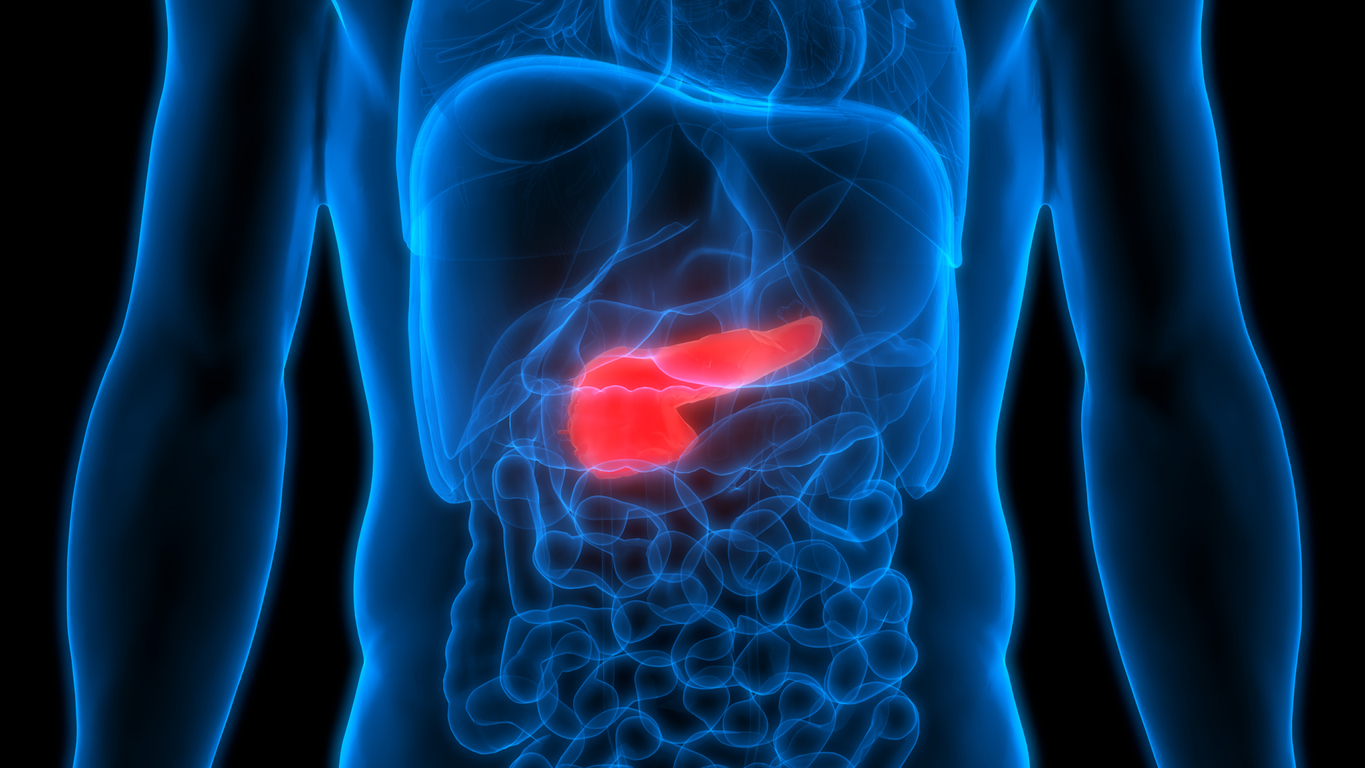
November (Diabetes)
A1C – $35
(aka- Hemoglobin A1c, HbA1c, Glycated Hemoglobin, Glycosylated Hemoglobin)
Used to detect and manage diabetes. The sugar in your blood is called glucose. When glucose builds up in your blood, it binds to the hemoglobin in your red blood cells. The A1c test measures how much glucose is bound. Red blood cells live for about 3 months, so the test shows the average level of glucose in your blood for the past 3 months. It is believed that around 6 million Americans have diabetes but don’t know it, and another 57 million have prediabetes.
Comprehensive Metabolic Panel (CMP) & Insulin – $85
Provides information about the body’s fluid balance, levels of electrolytes like sodium, potassium, and how well the kidneys and liver are working. Includes a fasting glucose blood sugar level. (Total of 17 blood tests)
Insulin
For diagnosis of diabetes and monitoring diabetes and insulin-secreting tumors.
Microalbumin / Creatinine Ratio Urine – $50
Checks for very small (micro) amounts of protein called albumin in your urine. Protein in the urine can signify several things, including kidney damage from uncontrolled diabetes, high blood pressure, liver disease, heart failure, and lupus. It can also occur due to strenuous exercise, blood in the urine, urinary tract infections, and certain medications, like aspirin and some antibiotics.
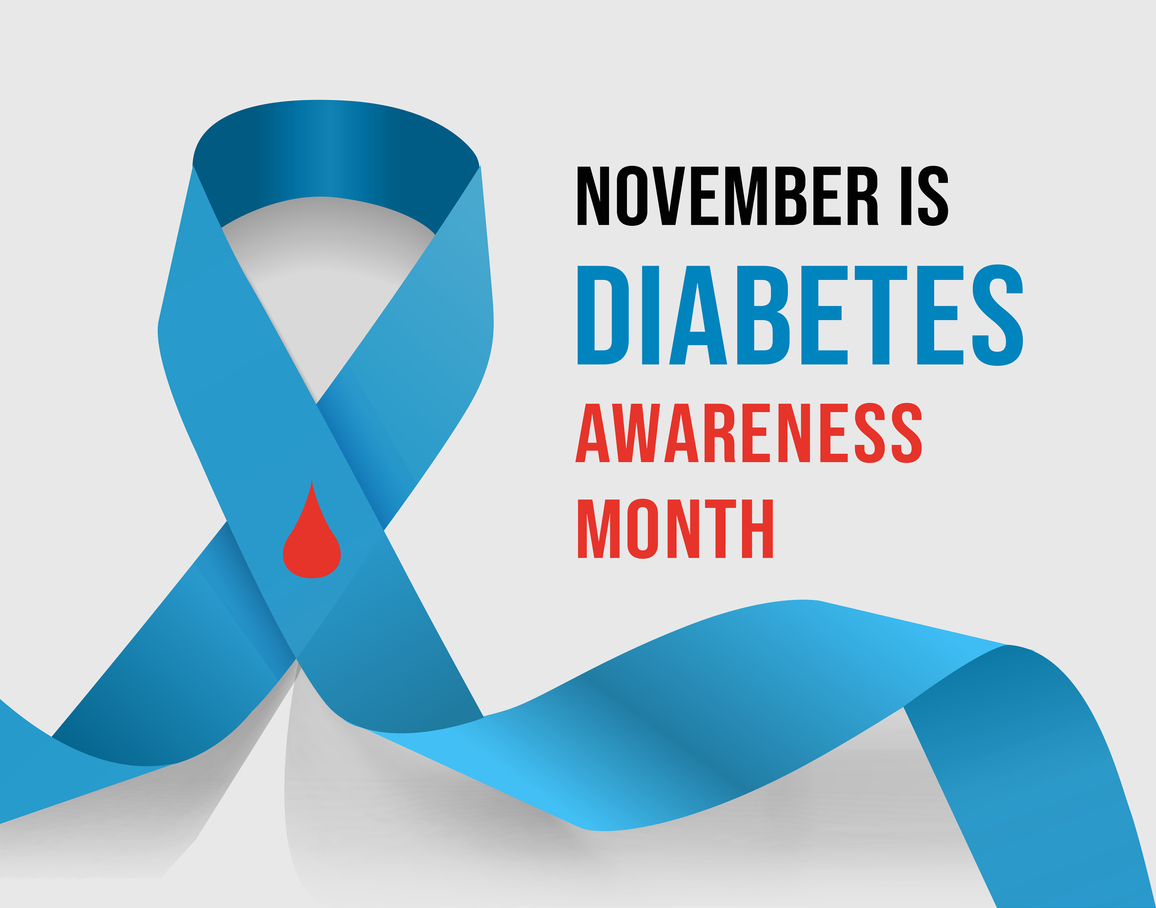
December
Purchase a Profile 1 or 2
and optionally add one
Monthly Special for that
additional fee.
Healthchek Profile 1 – $70
Includes over 40 blood tests.
Lipid Panel (Coronary Risk)
Total Cholesterol, HDL, Triglycerides, LDL , Cholesterol/HDL Ratio
Comprehensive Metabolic Panel
Albumin, Albumin/Globulin ratio, Alkaline Phosphatase, ALT, AST, BUN/Creatinine Ratio, Calcium, Carbon Dioxide, Chloride, Creatinine with GFR , Globulin, Glucose, Potassium, Sodium, Total Bilirubin, Total Protein, Urea Nitrogen
Complete Blood Count (CBC)
WBC, RBC, Hemoglobin, Hematocrit, MCV, MCH, MCHC, RDW, Platelet Count, MPV/Diff, (Absolute & Percent) – Neutrophils, Basophils, Lymphocytes, Monocytes, Eosinophils, etc.
Healthchek Profile 2 – $95
Includes all the tests in Profile 1 plus the following:
- TSH (Thyroid Stimulating Hormone)
- Magnesium
- Uric Acid (gout, kidney stones)
- Iron Total (anemia)
- GGT (Liver Function)

